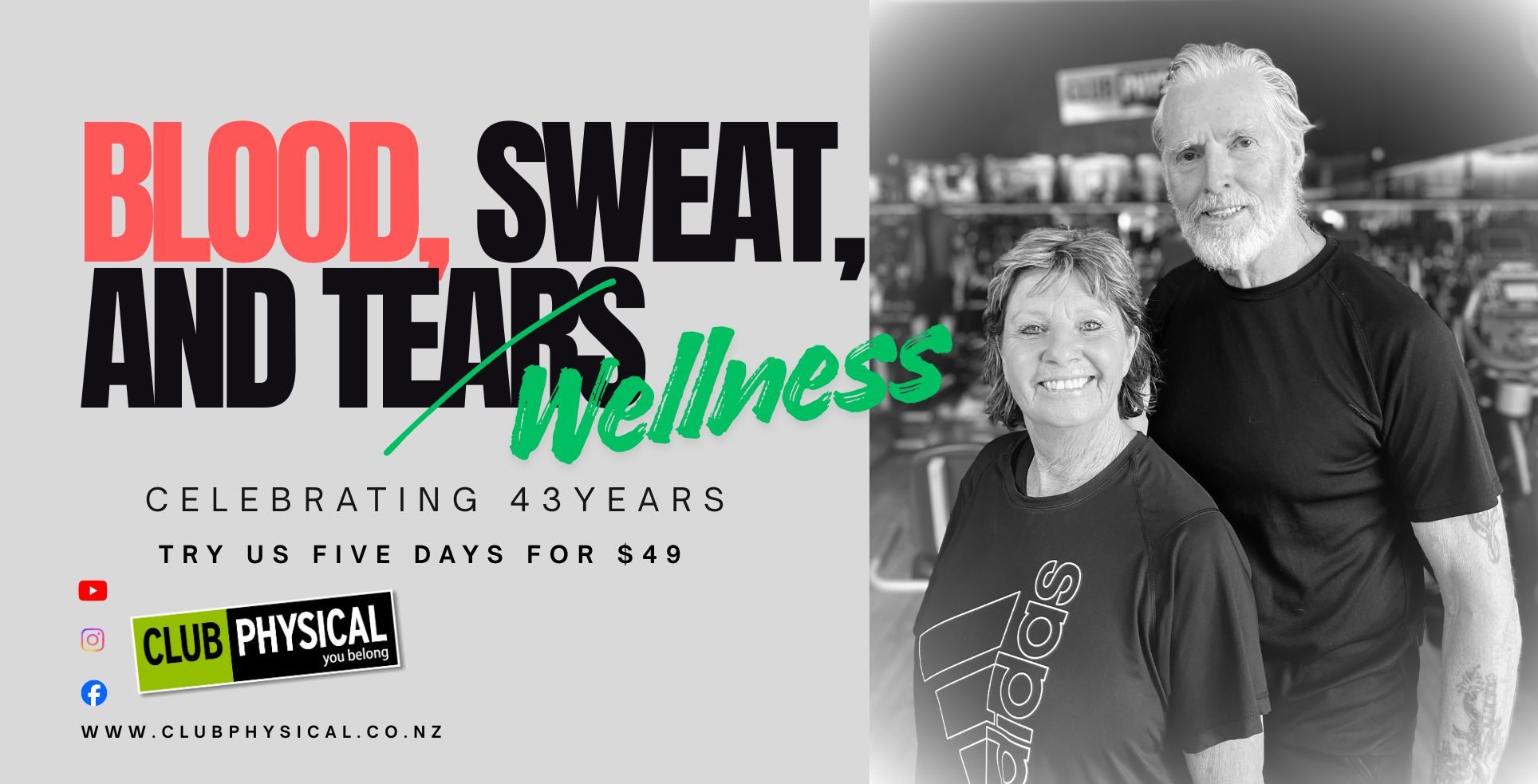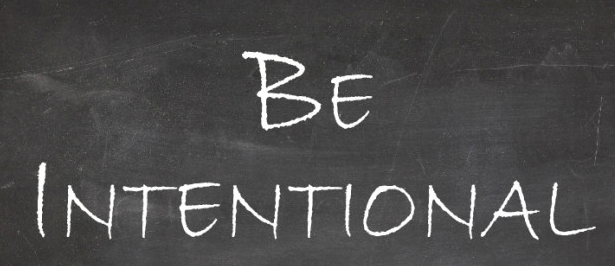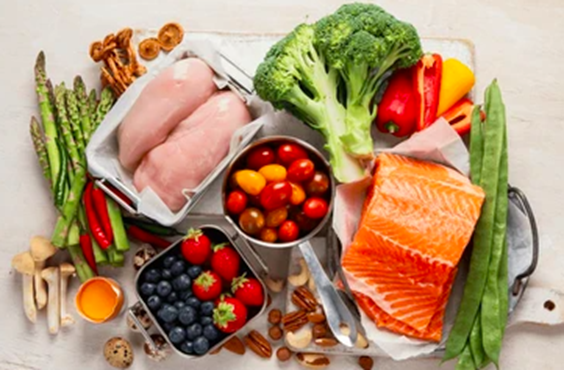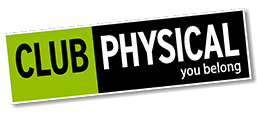I noticed when completing Evolt scans on Saturday that one particular subject was coming up with many clients concerned about their nutrition and what they should eat for a better body composition and better energy levels: PROTEIN!
Many people don’t realise how impactful and important protein is in their diet. It’s not only for getting swole…Protein comes loaded with benefits far beyond muscle building or bulking up – it can be your hack to maintain a healthy composition, controlling hunger, enhancing recovery, stabilizing blood sugar and hormones, and promoting longevity.
Perhaps the most unknown or unrealised benefit to protein is ‘ProteinThermogenesis’ – Your body burns more calories while digesting protein than fats and carbs. In fact the metabolism, digestion, and absorption of protein requires around 20-30% of what’s consumed. That means if you are eating 100 calories of protein, around 20-30 calories are burned just by digesting and metabolising it. Therefore, it contributes to a higher total calorie burn throughout your day.
Not only satiating, protein can help stabilize your blood sugar levels so that you don’t get the same rush of cravings as after a high-carb or sugary meal. It provides a fulling and satiating feeling that can help with controlling hunger levels and can decrease habits of over-eating.
With aging, you experience muscle atrophy and catabolic processes, which is the loss of muscle mass and strength over time. A high-protein diet can assist with maintaining muscle and provides your body with the nutrients needed to combat catabolism. It can influence your hormonal balance, in particular, growth hormone and insulin – which plays a major role in muscle growth and maintenance.
So with a little intro into the benefits of upping your protein intake.. Here’s a couple tips on how you can implement it…
- Aim for around 1.6-2.2 grams per kg of bodyweight – An 80kg person would aim for 128g (80 x 1.6) to 176g (80 x 2.2) of protein per day.
- Start early – Have a high protein meal first to stay full and satiated through the morning and into early afternoon. Having mainly protein for breakfast and lunch will keep your cravings a bay through to the afternoon, therefore allowing you to have the carbs or a treat later on in the day (if you find yourself craving snacks in the afternoon/evening). As you are waking up from a ‘fast’ overnight; your first meal of protein will help control your blood sugar levels early so that you are not hungry an hour after breakfast.
- Focus on lean meats – Chicken, fish (Tuna, Salmon, White fish), lean beef/steak, turkey, lean pork, or vegetarian options like tofu and tempeh.
- Include animal products – Eggs and egg whites, Greek yogurt (or coconut/soy yogurt), milk (or Soy, Oat, Almond), and cottage cheese.
- Add in vegetables for volume – add spinach, kale, asparagus, silver beet, zucchini, carrot, lettuce, cabbage, broccoli, cauliflower, etc. These will fill up your plate and fill up your stomach (with fibre), giving you the impression of being full without excess calories.
- Add high volume, low calorie fruit – Blueberries, strawberries, raspberries, watermelon, grapefruit, peaches, etc.
- Utilize protein supplements – protein powder (plant based if you like), and if craving a sweet treat: protein bars.
What Your first meal could look like:
- 2-3 egg omelet with 100g of lean meat, add spinach and tomato.
- Greek yogurt with a scoop of protein powder stirred in, a sprinkle of cereal/nuts/seeds.
- Protein smoothie with berries and yogurt/cottage cheese, add nut butter.
- Cottage cheese with boiled eggs and fruit/vegetables of your choice.
This week’s newsletter can be found here









